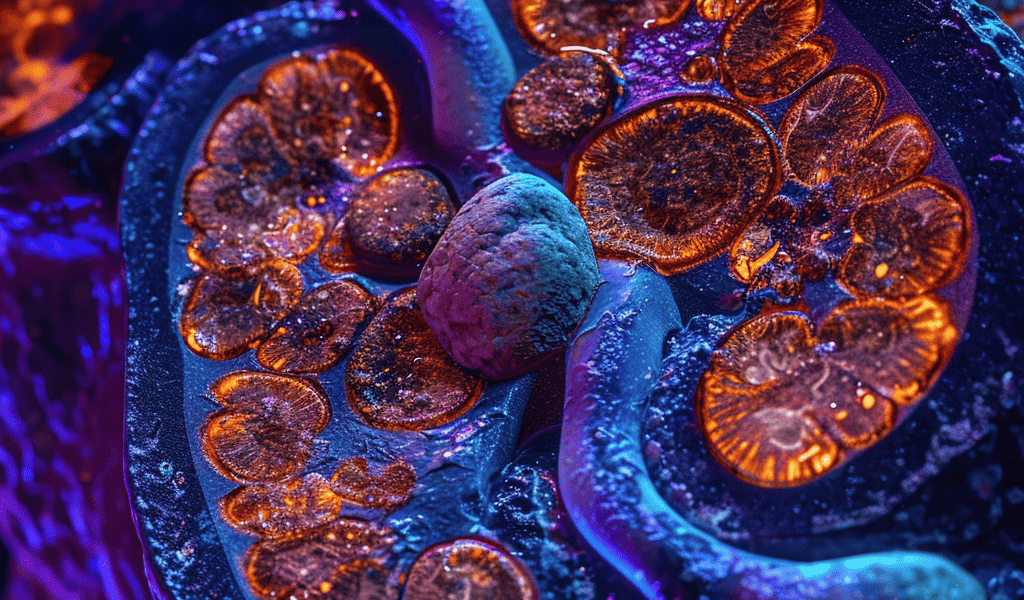Immunotherapy has been a game-changer in the treatment of various types of cancer, including clear cell renal cell carcinoma (ccRCC). A recent study conducted a prospective, phase I trial of neoadjuvant nivolumab, an immune checkpoint inhibitor, prior to nephrectomy in patients with non-metastatic ccRCC. The study aimed to understand the effects of PD-1 inhibition on immune cell populations in ccRCC and its correlation with the anti-PD-1 response.
The findings revealed that neoadjuvant nivolumab induced a pro-inflammatory state within the primary tumor, and baseline immune infiltration within the primary tumor correlated with nivolumab responsiveness. Furthermore, the study observed an increase in CTLA-4 expression in the primary tumor following nivolumab treatment, and subsequent nephrectomy led to increased circulating concentrations of certain proteins.
These results provide valuable insights into the potential of neoadjuvant immune checkpoint inhibition for high-risk ccRCC while the tumor remains in situ. The study lays the groundwork for considering perioperative strategies involving novel immune checkpoint inhibitor combinations.
The advent of immune checkpoint inhibitors has significantly impacted the treatment paradigm for various immunogenic malignancies, including ccRCC. Efforts have been underway to understand the mechanisms of immune checkpoint inhibitor response and resistance in ccRCC, focusing on the molecular and immune milieu of the tumor and its microenvironment. However, previous studies have had limitations, such as the use of archival biopsy cores and variability in sample acquisition, leading to challenges in disentangling the biological changes associated with PD-1/PD-L1 axis inhibition.
Given the increasing complexity of combination drug therapies in treating ccRCC, understanding the effects of immune checkpoint inhibitors on the tumor microenvironment is crucial. The study’s findings highlight the potential of neoadjuvant immune checkpoint inhibition as a promising approach for high-risk ccRCC, offering new possibilities for more effective treatment strategies in the future.





